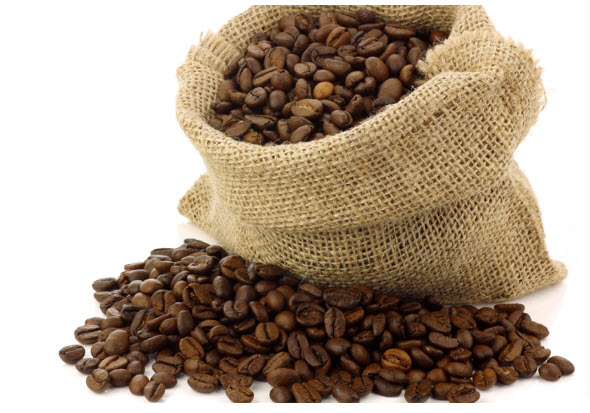By analyzing the behavior of the global market, it is established that Holland, Switzerland and Germany are willing to pay a higher price for a distinctive cup of coffee.
Between the Committee of Distinguished Coffees of the guild of exporters of Guatemala and the European Union, they carried out the study called “Trends and Opportunities of exportation of coffee with added value”, in which the price of coffee in 77 cities of the world was compared.
You may be interested in “Coffee: Export falls 9% up to 1st Semester 2018”
Guillermo Rodríguez, president of the Committee of Differentiated Coffees of AGEXPORT, explains that “… A coffee is considered special when it is perceived and valued by consumers for some characteristic that distinguishes it from conventional coffee for which they are willing to pay a higher price. This study shows that consumers in Holland, Switzerland and Germany are willing to pay a higher price for a distinctive cup of coffee, which would be an economic and social benefit for coffee producers in Guatemala.”
Also see “Crops: Main Figures in Central America”
AGEXPORT explains that “… This trend of consumption of distinctive coffees is marked by the tendency of individualization of coffee consumption; increase in the demand of “special coffees”; increase in the sophistication of “coffee shops” and coffee bars; commercialization of green grains, not roasted, so that people do their roasting at home.
An example that we highlight in the document is the behavior that occurs in Zurich (Switzerland), where a cup of coffee of 250 milliliters with 15 grams of coffee is paid in US$4.98. Rodríguez emphasized.
Another relevant data is the premium level, convenience, personalization, unique origin and type of roasting of great variety. Market research has indicated that consumers, especially in North America and Western Europe, are looking for aspects such as ethical sourcing, sustainability and certification, especially in millennial consumers who are increasingly sensitive to sustainability issues related to coffee production.”
